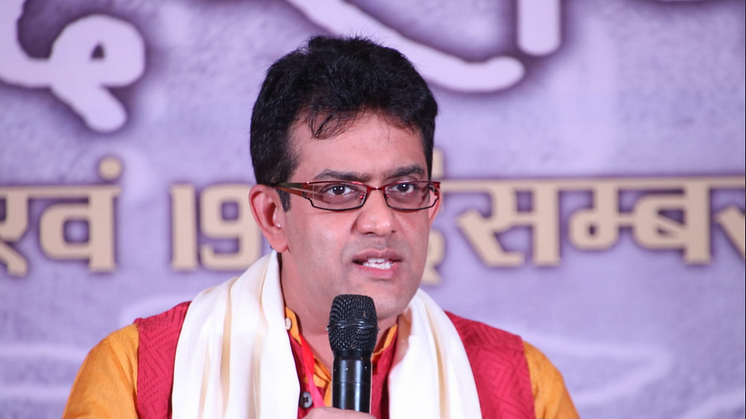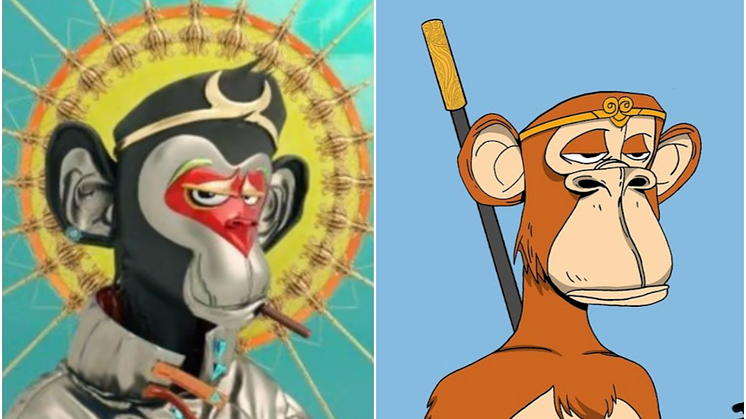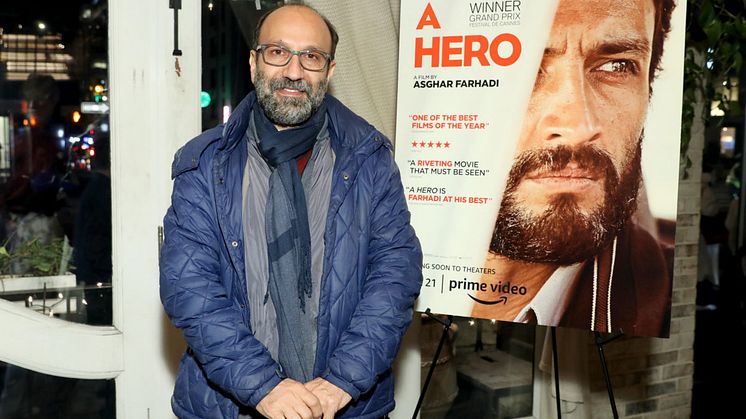
News -
Indian historian Vikram Sampath embroiled in plagiarism row
Indian historian Vikram Sampath has been accused of plagiarism in an article written by him in 2017 as well as copying a passage in his two-volume biography on the Indian political leader Vinayak Damodar Savarkar.
In the first instance, a trio of USA-based historians and academics Rohit Chopra, Ananya Chakravarti and Audrey Truschke, highlighted multiple sentences from Sampath’s 2017 article which appear to have been lifted from articles written by the professor Janaki Bakhle in 2010 and by historian Vinayak Chaturvedi in 2013.
Secondly, they pointed to similarities between a paragraph in Sampath’s two-volume book and a thesis written by a deceased student, Paul Schaffel, an award-winning undergraduate at Wesleyan University.
In fact, Bakhle was also stunned to read her portion of the article in Vikram’s book. She said that the “essay gives the impression that Sampath is claiming my ideas and words as his own,” and “would be understood as such by readers.”
The three professors notified the concerned people about the matter by writing two letters to the Royal Historical Society (RHS) in the month of February indicating that Sampath had copied several sentences or paraphrased from other sources without attributing them to original source.
To back up their claims, they submitted evidence of original essays, and claimed to have used Turnitin software, which revealed that 52% of the content was plagiarized. Lastly, they requested the society to re-evaluate Sampath’s recent admittance as member to the society.
The RHS responded by issuing a letter which stated that popular historians play an important role in the community but “plagiarists cannot” and “Dr. Sampath’s predations against other academics, including members of the Society and against vulnerable unpublished student scholars, is in breach of both the letter and spirit of the Society’s stated ethics.”
The three professors even issued an open letter about the allegation on Twitter. Sampath, for his part, has refuted all the allegations as baseless and claimed that he has provided proper citations in his work. He even moved the court seeking a permanent ban on the letter on social media and demanded INR20 million in damages.
While the lawsuit is ongoing, the High Court has passed an interim order prohibiting the three authors from posting the letter or any other defamatory material related to Sampath on Twitter or any other online or offline platforms till the next hearing.
PitchMark helps innovators deter idea theft, so that clients get the idea but don’t take it. Visit PitchMark.net and register for free as a PitchMark member today.




